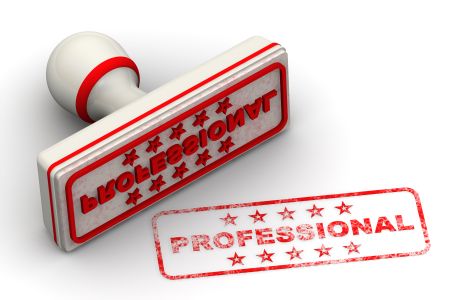It’s True! Professional Photography Gear Is Not A Requirement Of Being A Professional
 One of the best ways to start an argument with most photographers is to start talking about gear like Canon vs. Nikon vs. Sony, Full Frame vs. Crop Sensor, Professional Photography Gear vs. Consumer Photography Gear and so on. But for the sake of this post, my focus will be on Professional Photography Gear vs. Consumer Photography Gear and being a professional photographer.
One of the best ways to start an argument with most photographers is to start talking about gear like Canon vs. Nikon vs. Sony, Full Frame vs. Crop Sensor, Professional Photography Gear vs. Consumer Photography Gear and so on. But for the sake of this post, my focus will be on Professional Photography Gear vs. Consumer Photography Gear and being a professional photographer.
First Things First – Defining A Professional Photographer
Although some people say that being a professional photographer means that 100% of the photographers income comes from photography and that they have to be FULL -TIME, I think someone can be a part-time professional photographer. The dictionary defines a professional as “engaged in a specified activity as one’s main paid occupation rather than as a pastime.” The part-time professional photographer may only do photography and nothing else for their source of income. Therefore, I believe that if a photographer is making all of their income from photography whether it it part-time or full-time that they can still be classified as a professional. To me an amateur photographer can get paid for photography, but they are someone that has another primary source of income.
Professional Photography Gear vs. Consumer Photography Gear
Here is where the argument begins because some people think it’s a misnomer (inaccurate name) for photography gear. However, at the end of the day certain gear is targeted to professional photographers and other gear is targeted to the consumer (amateur, family, hobbyist, etc.) market. Buying the more well made expensive gear does not make someone a professional photographer and buying the less expensive gear does not mean someone cannot be a professional photographer.
The Nifty 50 And The Argument Continues
The Canon 50mm f/1.8 lens that retails for $125 is meant to be an entry into prime lenses. The Canon USA site actually says, “great entry into the world of EOS prime lenses.” That doesn’t mean that it cannot be used professionally or capture professional quality images. It’s an amazing lens for the price point. However, professional camera gear is typically more expensive because of the build quality, in lenses because of having more glass, because of the features available, weather resistant and/or weather sealing, etc. And those are just several reasons that many professional photographers (those that get 100% of their income whether full-time or part-time from photography) choose to buy gear targeted to the professional market.
The Gear Doesn’t Make Someone A Professional Photographer
I believe that every photographer should do the best he or she can with the gear that he or she can afford without going into serious credit card debt to buy a camera that is way out of his or her budget range. And someone can be a professional photographer without owning photography gear catered to the professional photographer. It’s not the gear but the fact that a photographer gets 100% of his or her income from photography whether that is full-time or part-time that can classify someone as a professional photographer. Personally, I think it goes a little deeper than that, but I’m not going to be argumentative in this post. Although if you have read to this point, you probably already don’t agree with something I’ve said.
My Personal Choice When It Comes To Photography Gear
Yes, I own Full Frame Cameras catered to the professional market. Yes, I own Canon L lenses. Yes, I own Profoto Lighting. And I could go on and on about gear. However, as a full time professional photographer that has a lot of very large corporate clients, I feel that it is important to shoot with the best gear that I can afford. Gear catered to the professional market is meant to last for many years and the build quality is very solid. For day in day out use including airline flights and hauling gear from location to location, I’m sticking with gear catered to the professional market. That doesn’t make me a photography snob. It’s a business choice. You have to choose what’s right for your business and your budget.
Happy Shooting!
David Williams
Latest posts by David Williams (see all)
- 5 Signs You’re Hiring the Wrong Photographer for Your Business - April 9, 2025
- How Will AI Change Professional Photography? - February 2, 2025
- Family Photographers vs. Commercial Photographers: Exploring the Differences in Approach, Purpose, and Technique - February 2, 2025
- Black and White Film Shot Of Our Golden Retriever: Trigger - February 2, 2022
- North Carolina Snow Images Shot In Franklin County - January 22, 2022




